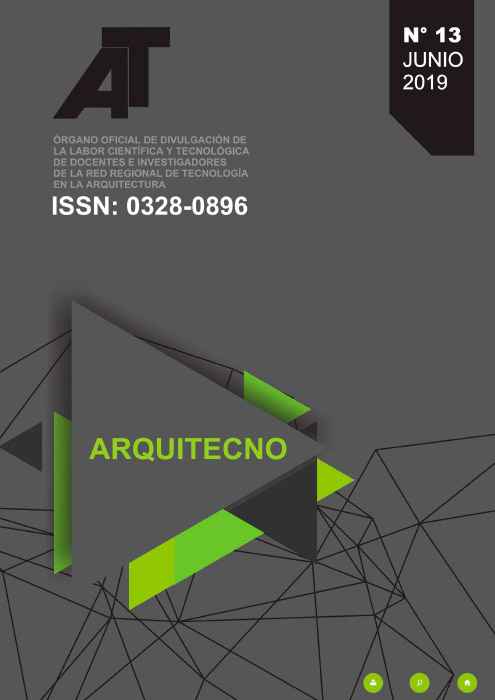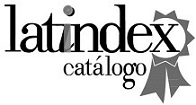COGNITIVE DEMOCRACY FOR A SUSTAINABLE TECHNOLOGY IN ARCHITECTURE
DOI:
https://doi.org/10.30972/arq.0134157Keywords:
Co-construction, Knowledge, Development, ValuesAbstract
This article proposes to reflect on current development models and their transformation from building a new knowledge base that goes beyond the neutrality of science and technological determinism. Knowledge is not neutral, nor determines for themselve the development. The aim is to solve cognition stereotypical situations effective from collective work, reflection and diffusion of this new thinking to clarify, through a process of interaction, the situation; to turn this conflict into a new cognitive resolution which allows ways to approach the problems in a collective, democratic and inclusive perspective. The proposal is made to reach Technology and aims to revitalize the role of the architect in his ability to insert citizen in a social, historical and cultural context that requires professionals and academics willing to dissolve the idea of technological neutrality. This requires a qualitative methodological structure and paradigmatic positioning constructivist that allows thinking in selecting a technology geographically and culturally located as a substantive part to find "another development model", based on a social, environmental and economically approach.Downloads
Published
2019-06-28
How to Cite
Peyloubet, P., Minari, A. L., Centeno Crespo, M. J., del Campillo, P., & Fenoglio, V. (2019). COGNITIVE DEMOCRACY FOR A SUSTAINABLE TECHNOLOGY IN ARCHITECTURE. Arquitecno, (13), 6–13. https://doi.org/10.30972/arq.0134157
Issue
Section
Investigación
License
Los autores ceden a Arquitecno los derechos de publicación de sus trabajos, toda vez que hayan sido admitidos como parte de alguno de sus números. Ellos, no obstante, retienen los derechos de propiedad intelectual y responsabilidad ética así como la posibilidad de dar difusión propia por los medios que consideren.





52.jpg)
